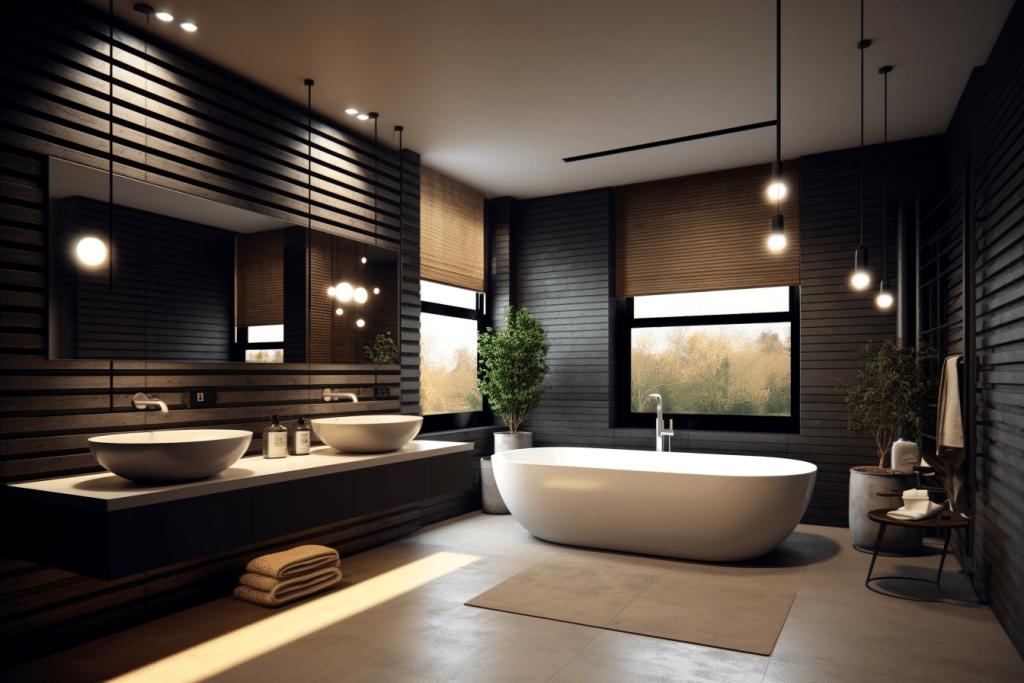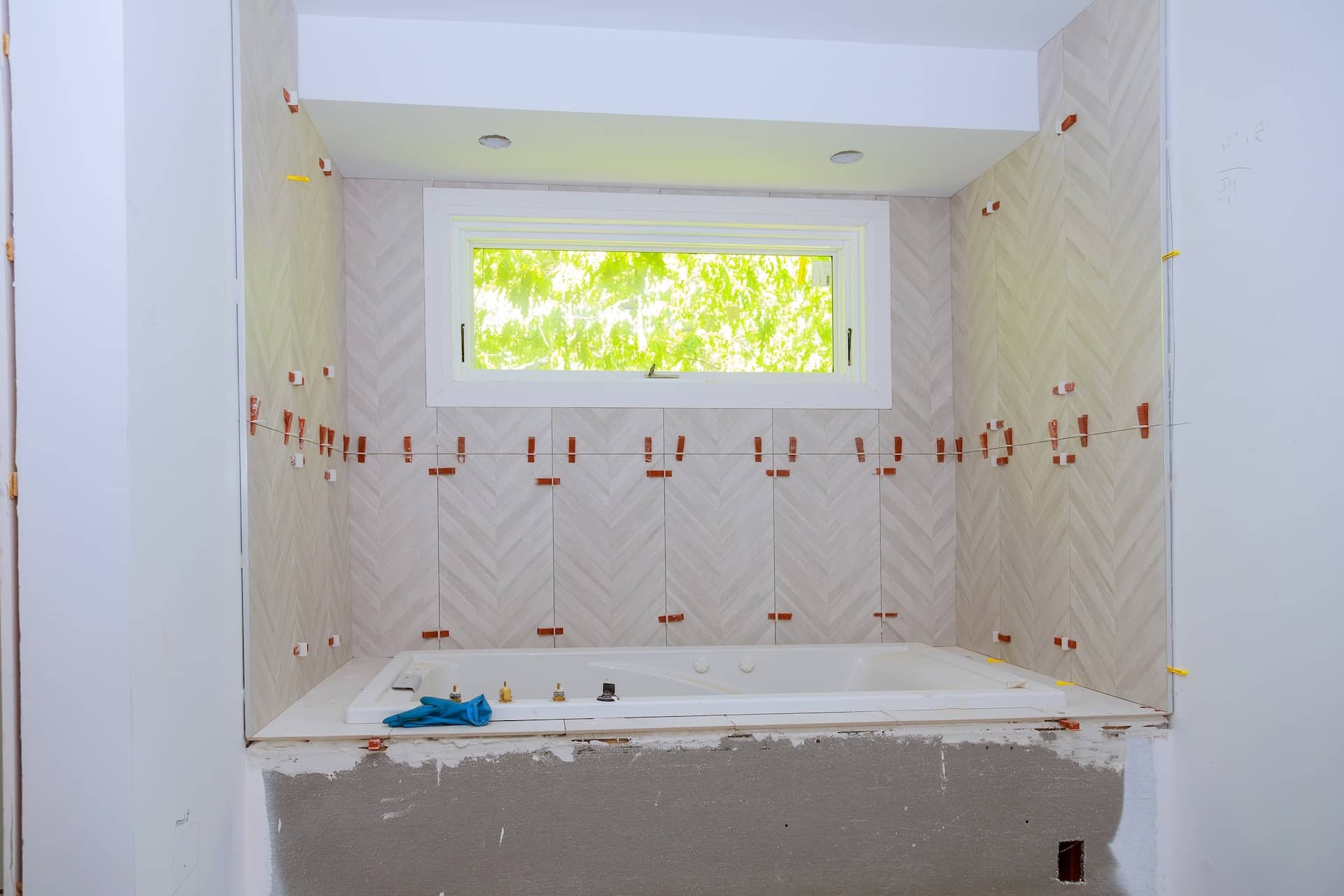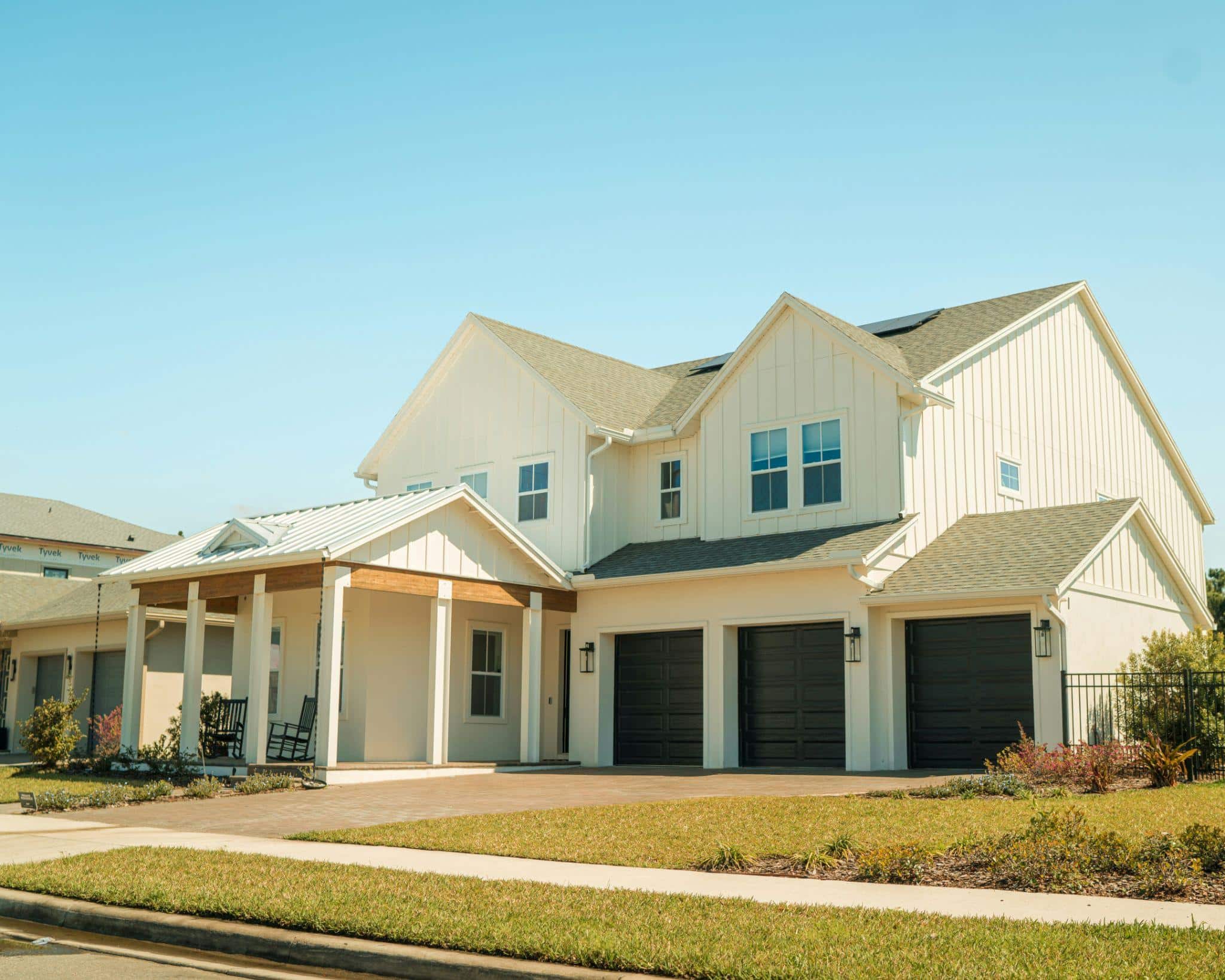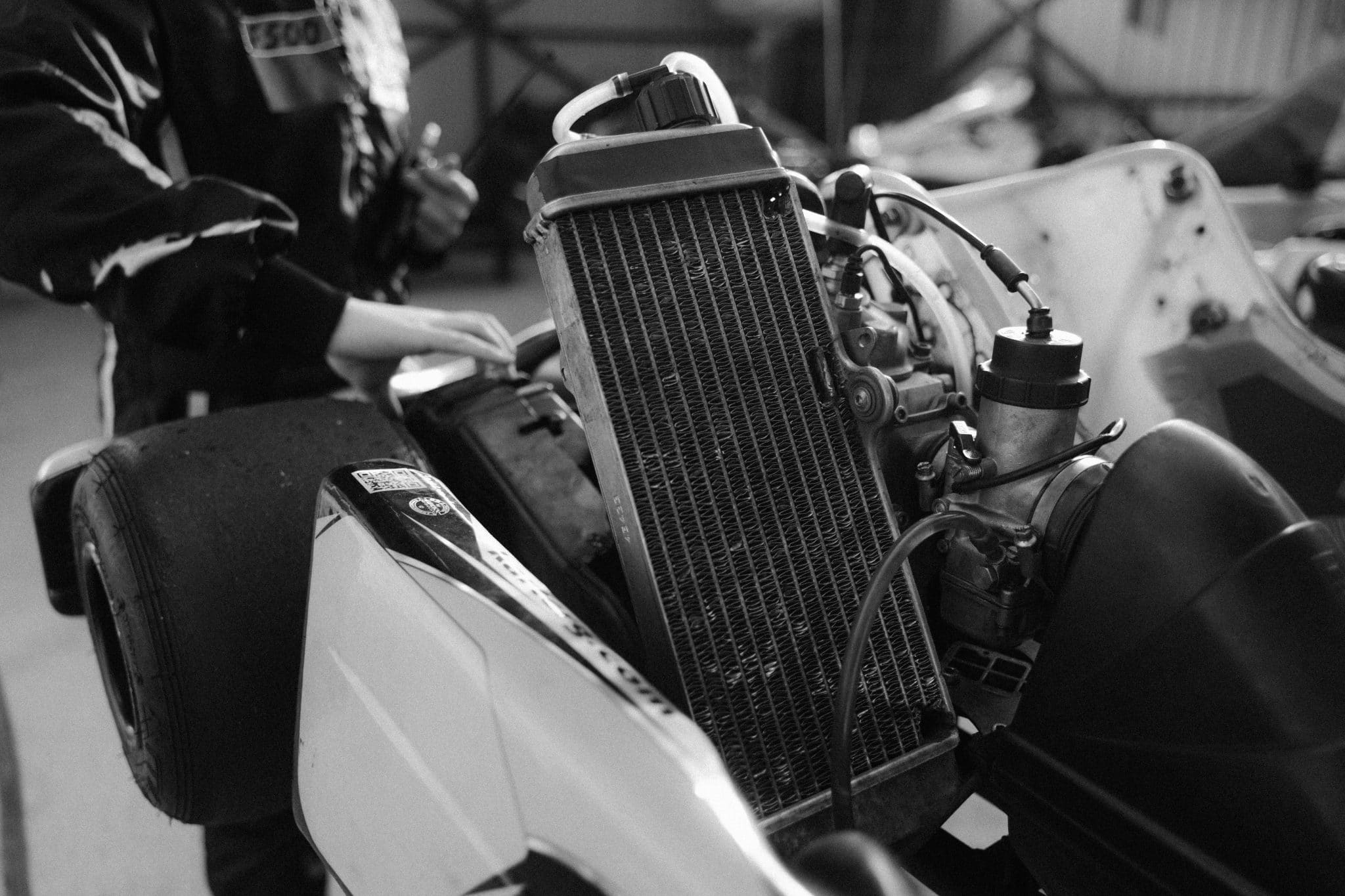Well-executed bathroom renovations can dramatically improve your home’s functionality and value, but they’re also among the most challenging projects to execute correctly. From poor layout choices to waterproofing failures, even small mistakes can lead to costly repairs down the road. Whether you’re planning a full gut job or a cosmetic update, being aware of these common pitfalls will help ensure your bathroom renovations go smoothly. Here are five frequent errors homeowners make—and how to avoid them.
1. Poor Planning and Layout Design
The Mistake:
Many homeowners dive into bathroom renovations without fully considering how the space will function. Common layout errors include:
- Placing the toilet in an awkward position
- Not allowing enough clearance for shower doors
- Overcrowding the space with oversized fixtures
How to Avoid It:
- Measure carefully – Ensure there’s at least 30 inches of clearance in front of all fixtures.
- Follow building codes – Check local regulations for required distances between fixtures.
- Test layouts with tape – Mark out fixture placements on the floor before committing.
- Consult a designer – A professional can help optimize small spaces for better flow.
2. Ignoring Proper Waterproofing
The Mistake:
Skipping or improperly installing waterproofing is one of the costliest bathroom renovation errors. Leaks can lead to:
- Rotting subfloors
- Mold growth
- Structural damage
How to Avoid It:
- Use quality materials – Never substitute regular drywall for cement board in wet areas.
- Apply waterproof membrane – This is crucial for showers and tub surrounds.
- Seal all joints – Pay special attention to corners and around drains.
- Hire a bathroom renovations professional – Waterproofing is not a DIY-friendly task for most homeowners.
3. Choosing the Wrong Materials
The Mistake:
Selecting materials based solely on aesthetics without considering durability leads to:
- Slippery tile that causes falls
- Porous stone that stains easily
- Cheap fixtures that corrode
How to Avoid It:
- Prioritize safety – Choose textured, slip-resistant flooring.
- Select water-resistant options – Porcelain tile outperforms ceramic in wet areas.
- Invest in quality fixtures – Solid brass faucets last longer than chrome-plated.
- Consider maintenance – Large-format tiles have fewer grout lines to clean.
4. Inadequate Lighting and Ventilation

The Mistake:
Many bathroom renovations focus on looks while neglecting:
- Proper task lighting at mirrors
- Sufficient general illumination
- Effective ventilation systems
How to Avoid It:
- Layer lighting – Combine overhead, vanity, and accent lighting.
- Choose moisture-resistant fixtures – Look for damp-rated or wet-rated lights.
- Install a quality exhaust fan – It should move at least 50 CFM (cubic feet per minute).
- Consider smart controls – Humidity-sensing fans prevent mold automatically.
5. Underestimating Costs and Timelines
The Mistake:
Homeowners often budget for best-case scenarios, then face:
- Unexpected plumbing issues
- Delays in material deliveries
- Hidden structural problems
How to Avoid It:
- Add a 20% buffer – Unexpected costs almost always arise.
- Order materials early – Supply chain issues can cause long delays.
- Plan for contingencies – Schedule extra time for inspections and corrections.
Bonus Tip: Don’t Overpersonalize
While it’s tempting to create a spa-like retreat, extremely customized choices can hurt resale value. Avoid:
- Bold color schemes that date quickly
- Removing tubs in family-friendly homes
- Unusual fixture placements that limit future buyers
Smart Planning for Successful Bathroom Renovations
Follow this checklist to stay on track:
Before Renovating:
☑ Research local building codes
☑ Create a realistic budget with contingency
☑ Order materials well in advance
During Renovation:
☑ Verify waterproofing before tile installation
☑ Check fixture placements before finalizing
☑ Inspect work at each milestone
After Completion:
☑ Test all plumbing thoroughly
☑ Seal grout and natural stone properly
☑ Keep all warranties and manuals
Why Professional Help Matters
While DIY projects can save money, bathroom renovations often require:
- Licensed plumbers for proper pipe work
- Electricians for safe wiring
- Tile setters for waterproof installations
Investing in professionals prevents expensive do-overs and ensures your renovation meets all safety standards.
Final Thoughts
A well-executed bathroom renovation can add significant value to your home while improving daily life. By avoiding these common mistakes—poor planning, inadequate waterproofing, wrong material choices, insufficient lighting/ventilation, and unrealistic budgeting—you’ll create a space that’s both beautiful and functional for years to come.
Remember: The cheapest option now often becomes the most expensive choice later. Take time to plan carefully, use quality materials, and work with experienced professionals. Your future self (and your home’s next owners) will thank you for getting it right the first time.
Whether you’re updating a powder room or creating a master bath retreat, keeping these principles in mind will help ensure your bathroom renovation is a success from the first tile to the final towel hook.








